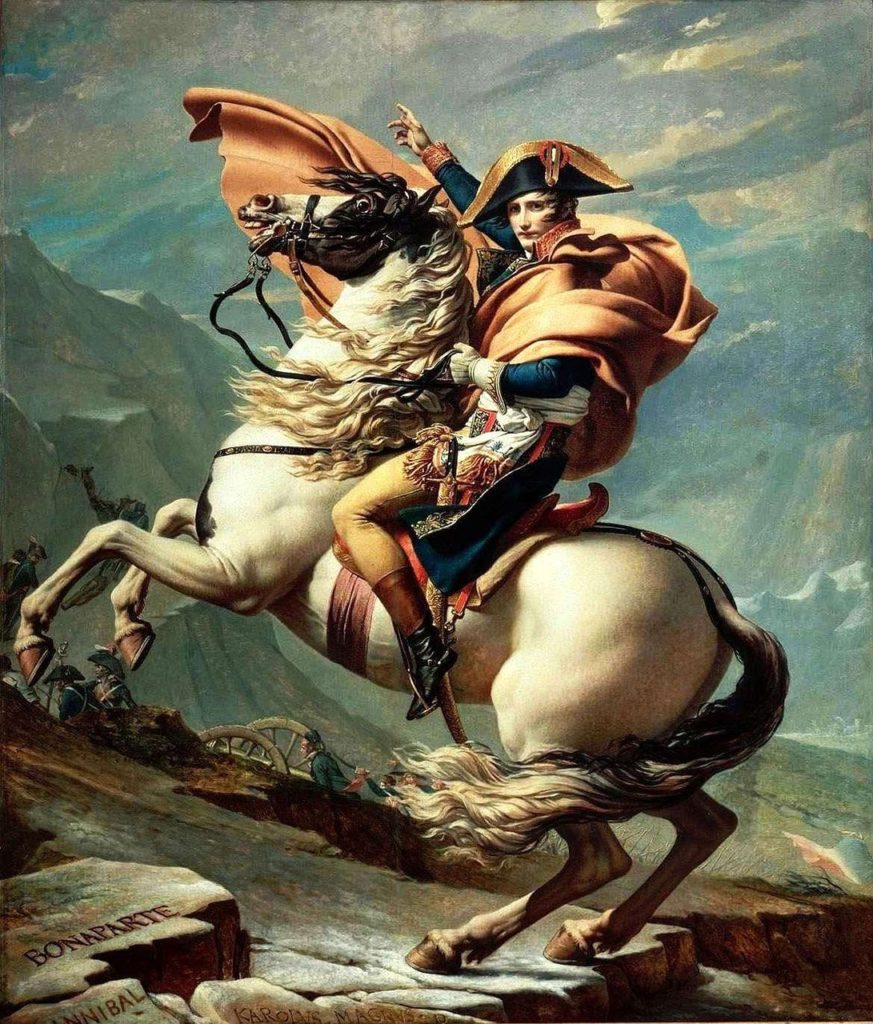The History of Failure

The YouTube channel The School of Life has an interesting video on the history of failure as an idea, and how it has evolved over time. Give the video a watch, or read some of the highlights below!
Highlights:
Greek tragedy showed audiences that terrible things can and do happen to good people, so we should be kind to each other.
Spartans and their failures were seen as noble – the moral was that you could lose and still be good.
Roman started to have anxiety about failure because they began to worship success. They thought failure was naturally accompanied by shame and emphasises that suicide was the only option if things went wrong.
In Galilee 39AD Jesus held the sermon on the mount where he preached ‘blessed are the meek’. This Christian idea, and Christianity generally, challenged Roman ideals as they upheld that failing was a sign of being blessed.
What the Buddha believed true success was would mean utter failure in the eyes of a Roman soldier or modern America – living with nothing.
In Paris 1799, Napoleon started to talk about meritocracy: careers open to the talented rather than just the privileged. This was a revolutionary idea, and success started to seem fairer and more deserved. Yet, failure was recategorised as not accidental or morally neutral (as Christianity appeared to suggest) but in some way deserved.
Also in Paris, but in 1863, was the annual artistic salon. 2/3s of paintings were rejected that year and so a rival exhibition was set up. The unsuccessful artists came to be seen as the true genius, highlighting the idea that real successes aren’t always successes immediately and sometimes people aren’t seen as geniuses until after death. This was linked to the Christian idea of redemption.
In New York 1987, Forbes published its first list of the richest people in a celebratory tone. This perpetuated the idea that ‘he who is richest finishes first’, yet two weeks later the world stock market collapsed.
In New York again, in 2011, was another economic meltdown. Protestors against financial institutions and the narrow elite (1%) appeared. Heroes began to be seen as really being villains – the realisation that being decent doesn’t necessarily mean making lots of money. The protestors eventually stopped and the economy recovered, with the American Dream taking its place as the predominant message once more.
As society became less focused on religion and art, and more focused on wealth, the idea of failure as being noble crumbled away.
Check out the video linked above to see the full timeline as presented by the School of Life online!